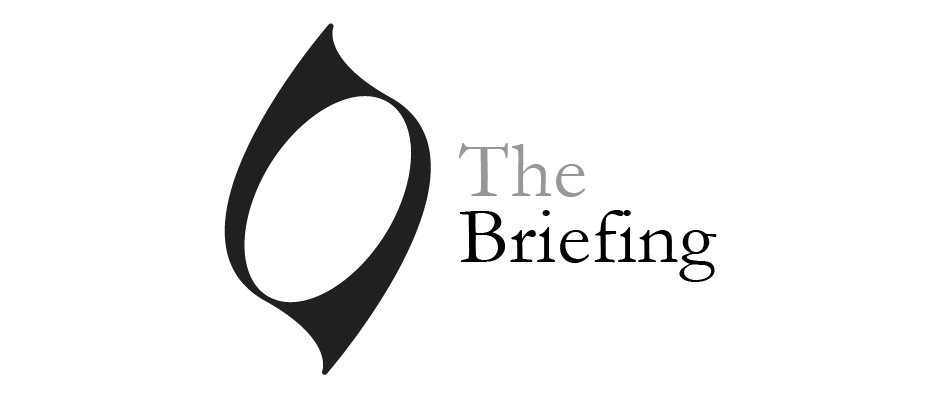Every Friday, we will publish a short list of a few articles that have caught our attention. This is what we’re reading this week:
Did we march for the wrong reasons? David Brooks seems to think so:
But now progressives seem intent on doubling down on exactly what has doomed them so often. Lilla pointed out that identity politics isolates progressives from the wider country: “The fixation on diversity in our schools and in the press has produced a generation of liberals and progressives narcissistically unaware of conditions outside their self-defined groups, and indifferent to the task of reaching out to Americans in every walk of life.”
And a few people who believe that David Brooks is wrong:
Re “After the Women’s March” (column, Jan. 24): David Brooks fails to see that Donald Trump’s rallying cry of “Make America Great Again” is identity politics. White identity politics. Make America Great Again was a campaign promise to Mr. Trump’s largely white base that he would restore us to a time when white identity was at the head of the American power structure.
Another response to David Brooks:
Now, I could see how you might think that is true, if you think that all people do is protest and then go off and do nothing. There’s a reason protests are also called “demonstrations.” The purpose is not simply to go and have a grand ol’ time dancing in the streets, but to demonstrate the size and power of a movement. To stand up publicly and be counted. So that those who are in “party politics” take notice and see what people want. Brooks also seems to have missed all the speakers at the march who told people that if they really want change, they need to go out and run for office, contact their legislators, and keep up the pressure on the political process.
Trump’s trifold plan to delegitimize his loss of the popular vote:
Remember that this POTUS first acquired legitimacy as a presidential candidate not just because he accused former president Obama of being a foreign-born, secret Muslim, but also because he continued doing so long after Obama had released multiple forms of documentation proving his citizenship by birth. Yes, this was racist. But more than that, it validated a central and increasingly discredited aspect of the collective white psyche: that their fears, perceptions, and emotions, especially about race, are valid and ought to be treated as authoritative no matter what anyone says or can prove. This empowering reassurance remains a central component of Trump’s allure. He tells his overwhelmingly white supporters that the world is as they need it to be and that they are right even, and especially, when they are wrong. Being white means never having to say your sorry.
President Trump reifies images of the Other and draws American fear and xenophobic tendencies from their hiding place:
Year by year, in the aftermath of September 11, 2001, a mind-killing blanket of fear only spread further and deeper in American society. Al Qaeda, anthrax, shoe bombers, underwear bombers, ISIS, lone wolves, vehicles as weapons, and more fed public fear and lent support to the rise of the national security state, whose growing power was eternally justified in the name of keeping us safe from a single confounding phenomenon: “radical Islamic terrorism.”
A poem by Anne Carson on small actions and significant thoughts:
or it’s you know that type of novel where everything starts to twist after three or four chapters like normal it’s all sliding down a slope you can’t tell who’s who or what’s what and the city is deserted at an hour when well I get nervous sometimes reading at night don’t you I feel doubt come over me
